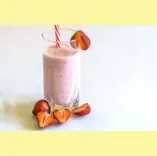Blog
Our Latest Posts
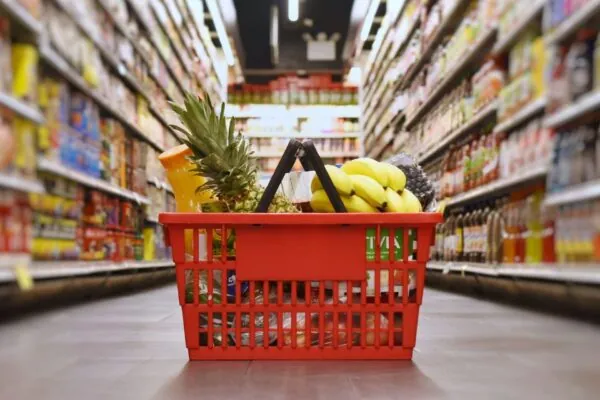
Resisting Temptation: Sometimes Shopping Can Cause Us to Break Our Diets
Let’s be real—sticking to a healthy diet when you’re grocery shopping can feel like walking through a minefield. Sure, the store’s stocked with nutritious options,…
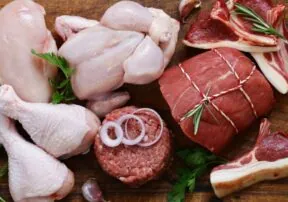
Exploring the Carnivore Diet: A Meat-Lover’s Paradise or Nutritional Mirage?
I think I’d be happy just eating meat. When I discovered the carnivore diet, I became intrigued and decided to learn more about it. The…
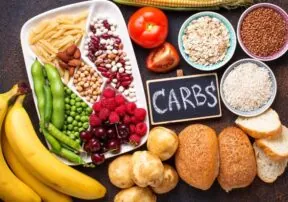
Timing Is Everything! Even When It Comes To Eating Carbs
When it comes to nutrition and maintaining a healthy lifestyle, understanding the nuances of carbohydrate intake can be quite perplexing. Many individuals find themselves grappling…

Has A Change in Your Sleep Pattern Kept You Up At Night
Many of us have noticed shifts in our sleep patterns as we age. I’ve certainly experienced it myself, waking up earlier in the morning even…
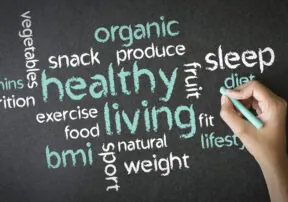
Watch Out for Health Foods That Aren’t Healthy
We’ve all heard the phrase “Never judge a book by its cover.” This adage holds true beyond literature; it also applies to food selections. In…
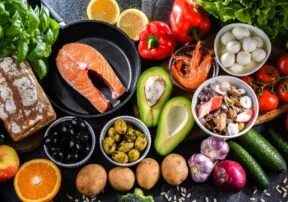
The Mediterranean Diet is Great for Our Health, and Arizona Produces it!
Arizona is a remarkable state, not just for its stunning landscapes and diverse climate, but also for its vibrant agricultural output. Known for its national…

The 6 to 1 Grocery Shopping Method
Have you ever opened your fridge only to find a lonely half of a pickle, a scrap of last night’s takeout, and a couple of…
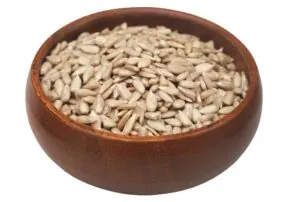
Tiny But Mighty Sunflower Seeds!
Anytime my family went on a trip or went to livestock shows, we would always bring lots of bags of roasted sunflower seeds. I’m not…

Tips to Stop Seasonal Allergy Symptoms
It’s beginning to be springtime, which means flowers are budding, trees are blooming, and the pollen count in the air is only increasing! Unfortunately, however,…
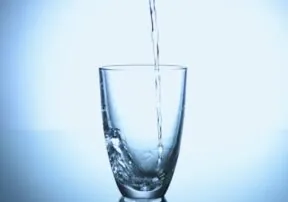
Water Isn’t The Only Way to Stay Hydrated
Have you ever tried to drink a gallon or more of water every day? I did that this past summer and let me tell you,…
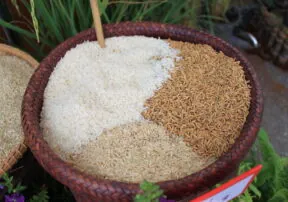
7 Best Rice Varieties According to a Dietician
Ever since I became gluten intolerant, my go-to grain has been both brown and white rice, as they are a good, versatile carbohydrate source. Initially,…

Nutrition for Adolescents is Crucial For Bone Health
Growing up, I was often told to drink milk so that I would have strong bones when I got older. As a kid, this advice…
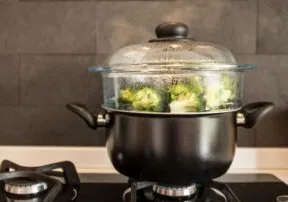
Steam, Don’t Boil, Your Vegetables!
Growing up, many of us heard the same mantra: “Eat your vegetables!” Whether it was from parents, grandparents, or even beloved cartoons, the idea that…
















